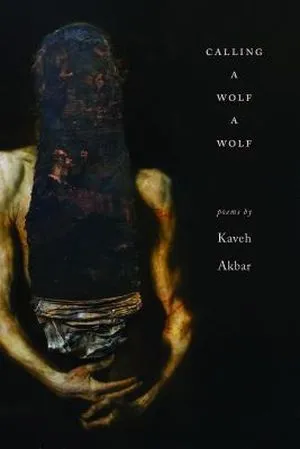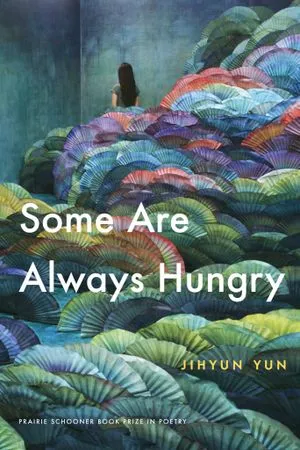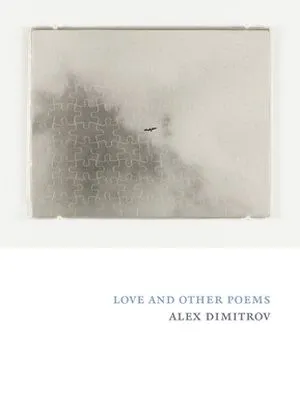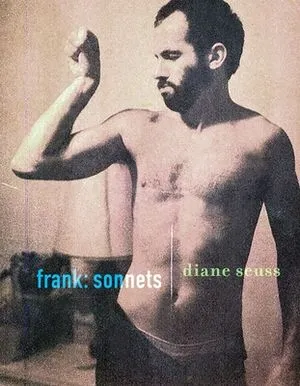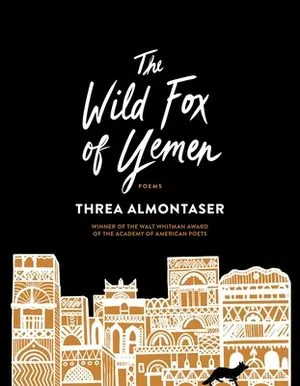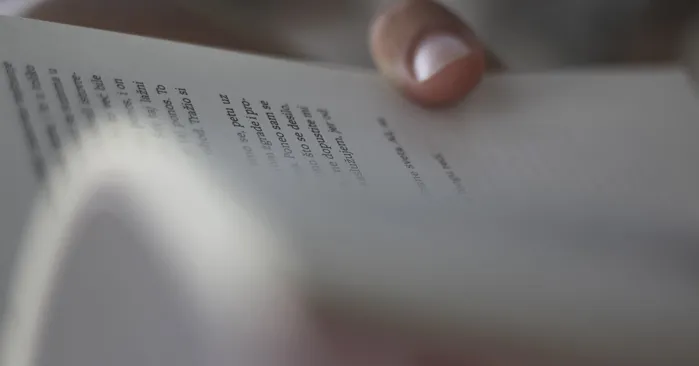
Poetry Is Beautiful Because It Is Fleeting
I was shocked to discover, when I sat down to write this piece, that I have read 16 poetry collections so far in 2021. Sixteen! After thinking for almost ten minutes, I could remember 11 of them, but I had to dig into my reading spreadsheet to remind myself of the other five. This isn’t because these books weren’t memorable or moving. In fact, I gave 12 of those collections four stars, and one even got five stars (I rarely give books five stars). I three-stared the remaining three, which means I enjoyed them quite a bit, even though I did not love them.
There’s a reason I didn’t even realize I’d read so much poetry this year: I don’t read poetry to remember it. I read poetry to experience it in the moment. I don’t read poetry slowly. I don’t savor it. I inhale it in big gulps. I devour it. I don’t look up words I don’t know. I don’t pause to digest, ponder, or analyze a poem’s meaning. I careen through poems, only pausing for breath when my thumping heart demands it.
My fellow Rioter Isabelle Pop wrote a gorgeous piece earlier this year full of advice for reading poetry for people who are intimated by poetry. One of her many excellent suggestions is: read poetry slowly. It’s fantastic advice! But I do the opposite. I read it fast. Sometimes I pick up a poetry book and read it cover to cover in 40 minutes. Then I return it to the library, and those poems only exist in the memory of the feelings they evoked in me during those 40 minutes.
It took me years to accept that this is a legitimate way to read poetry, that I’m not “doing it wrong”. It’s certainly not the only way. It’s definitely not the most immersive way. I am absolutely missing layers of meaning doing it this way. But reading poetry like this has brought poetry back into my life.
I loved poetry as a teenager. I read it all the time. I carried Dream Work by Mary Oliver around in my backpack. At one point, I had the entire first section of Howl memorized. That’s four pages of very dense text in my battered City Lights edition, dogeared and missing the cover. I’m still proud of it. Poetry came alive for me back then. Reading it was visceral. I let the words of beloved poets lodge themselves inside me, and I never worried if I was doing it right. Memorizing Howl felt more like having a conversation with a cherished ancestor than like reading a poem.
Then, in my 20s, I stopped reading poetry altogether. I read one or two collections a year, maybe. I’d taken a poetry class during my one year of college, and liked it. I figured that since I knew how to analyze poetry now, I had to analyze everything I read. Close reading was suddenly the only kind of reading that counted. I was youthfully and misguidedly snotty about it. I stoped reading poetry because I’d made it feel like work. It’s a common experience. Rioter and English professor Rebecca Hussey wrote a beautiful piece about this — and why it doesn’t have to be this way — that resonated deeply with me.
A few years ago, I realized how much I missed poetry. I missed the way poetry had made me feel as a teenager: alive, electric, connected to my body, the world, other people. So I picked up a poetry collection and read it without trying to analyze or understand it. I believe the first book I read with this new mindset was Night Sky with Exit Wounds by Ocean Vuong. I don’t remember a single poem from that collection. I don’t even remember what most of that book was about. I do remember the sheer awe I felt that a human being had made this, had woven language so beautiful and precise. I remember feeling gutted. I remember feeling small and delighted and heartbroken.
So this is how I read poetry now. I read it for the way it makes me feel in the exact moment the words enter my brain. All I’m after is that visceral emotional response, the way a poem lodges in my body, the way it makes me gasp or cry or laugh or catch my breath. I let it move me however it moves me. Sometimes I read a poem three times in a row. Sometimes just once. I don’t underline. I rarely even return to poems. For me, poetry is a fleeting beauty. I don’t try to hold onto it. I don’t even try to make sense of it. We are together, the poem and I, for a few sacred moments. That’s it.
I don’t know if I’ll read poetry this way forever. There are many other wonderful (and maybe more conventional) approaches to poetry reading out there. For now, though, reading poetry this way keeps it in my life. It’s how I read poems as a teenager, when I fell in love with them in the first place: wildly, recklessly, for the sheer joy of it. It’s deliciously freeing.
If you want to give reading poetry strictly in the present a try, here are five collections I’ve read this year that I absolutely loved. I can’t give you the specifics of what these books are about. But I can tell you what it felt like to read them. And I can tell you that every moment I spent with them was worth it.
Calling A Wolf A Wolf by Kaveh Akbar
This is a collection about addiction, family, religion, lineage. The line breaks! They took my breath away. And I remember the way Akbar’s images made me feel: startled. I’d be reading a poem, and I’d come across a word or phrase that shook me up, hard. It was like being rocketed out of this world.
Some Are Always Hungry by Jihyun Yun
These are incredible poems about food, and the stories food holds, stories of trauma, war, immigration, displacement, healing, care. I remember distinctly the feeling of sinking deep into someone else’s world. For days after reading this book, I looked at food differently.
Love and Other Poems by Alex Dimitrov
These poems made me smile and nod and feel seen. Many of them are about New York, and dating, and friendship, and loneliness. It felt like Dimitrov was speaking right to me, like he was interested in having a conversation. He uses a lot of exclamation points, which I loved. It made every poem feel comfortable. Beautiful, but in a delightfully everyday way. Never lofty.
Frank: Sonnets by Diane Seuss
Reading this book felt like being caught up by a wave: gentle but insistent. I got lost in these poems, following the path of Seuss’s life through childhood and motherhood and grief and middle age. I laughed! Mostly I felt opened by these poems, made tender. They reminded me about wonder and playfulness.
The Wild Fox of Yemen by Threa Almontaser
I held my breath a lot with this one. Or let it out a lot. Whatever it is when you draw in a huge breath and gasp out loud, because something you just read feels so true and sharply, perfectly expressed. Reading this book was painful. It also made me fall in love with the possibilities of language all over again.



